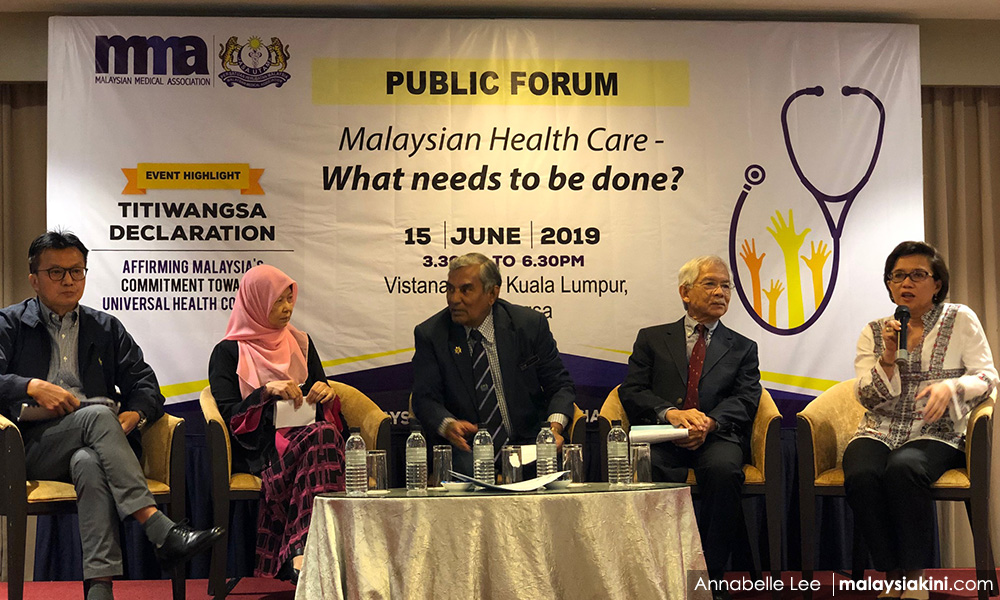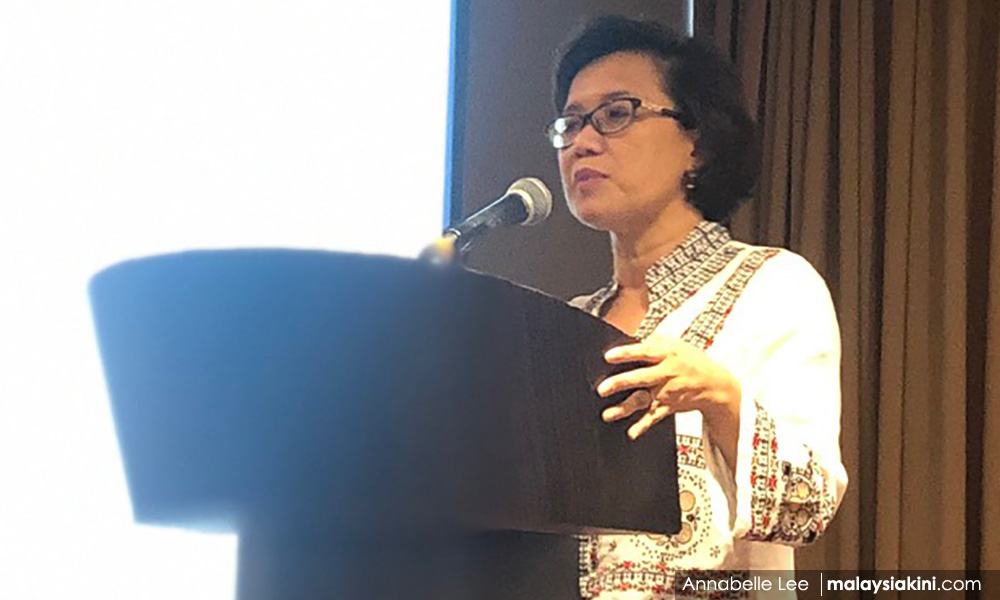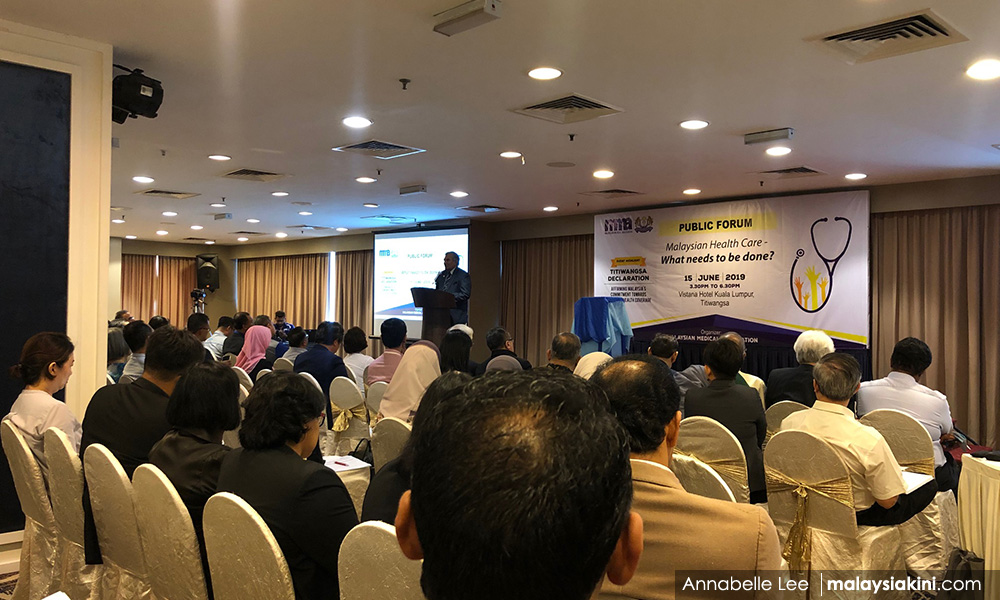
Medical education in the country is in crisis and is in urgent need of long-term planning, as well as a comprehensive review, says the head of a public medical school.
This is especially in regard to the oversupply of medical students.
At a recent public forum, Universiti Malaya Medical Faculty dean Dr Adeeba Kamarulzaman pointed out the conflicting positions taken by Putrajaya on the issue.
On one hand, she said, the Health Ministry wanted to cut down the number of medical students but could not give schools an exact number of entrants to take.
The Education Ministry, on the other hand, disagreed with the move in fear of a “public outcry”.

“I can tell you that I am stuck in the middle.
“The first thing that needs to happen is the Education and Health ministries need to sit down together, discuss this and come up with an agreement (on how many medical students we need).
“There needs to be some very proper planning to build projections for our ten-year doctor needs,” Adeeba (above) said at the Malaysian Medical Association’s (MMA) forum on health reform in Kuala Lumpur last Saturday.
Elaborating, she said such lack of controls were made worse by the unfettered rise of private and foreign medical schools.
This had resulted in a spike in graduates where the public healthcare system was not immediately prepared to train as house officers.
“Over the past two years, our graduates have waited nine months to a year (to be taken up as house officers).
“Now, we have this added work at the faculty of designing a year of things (for them) to do - ranging from research, internships and projects to absorbing them as tutors and other things.
“That is a consequence of poor planning,” Adeeba added.
Despite these high numbers, doctors were not being equitably distributed to address urban-rural, public-private and primary care-specialist care divides in the healthcare system, she said.
Too few allied health professionals
With all the attention paid towards producing doctors, Adeeba said the healthcare system ironically faced a shortage of allied healthcare professionals, such as occupational therapists, psychologists, physiotherapists and social workers.
Nurses in Malaysia also lacked clear career development pathways and progressive salary increments despite many holding degrees.
“I do wonder whether some of the lack of attention to the nursing career is because a majority are female. They have not been empowered or had their voices heard,” she said.

Among the solutions proposed by Adeeba, who sits on the Health Ministry’s Health Advisory Council, was the creation of a “central mechanism” that would be able to map the long-term human resource needs of the entire healthcare system - be it for doctors, nurses or allied healthcare professionals.
She also mooted the reduction and merging of medical schools, as well as a complete revamp of medical education in Malaysia.
“I think it is time we have an independent, external review of the state of medical education in this country.
“It is 2019, there are lots of good people around that I think can come in and do an honest review (and) hopefully, whatever recommendations will be taken on and not just sit on someone’s desk,” Adeeba added.
The forum was held in conjunction with MMA’s launch of its push for Universal Health Coverage through the Titiwangsa Declaration 2019.

The other presenters were public policy and healthcare consultant Dr Chua Hong Teck, International Medical University associate professor of community medicine Dr Safurah Jaafar, Malaysian Healthy Ageing Society president Dr Wong Teck Wee and Federation of Malaysian Consumer Associations (Fomca) secretary-general Paul Selvaraj. - Mkini



No comments:
Post a Comment
Note: Only a member of this blog may post a comment.